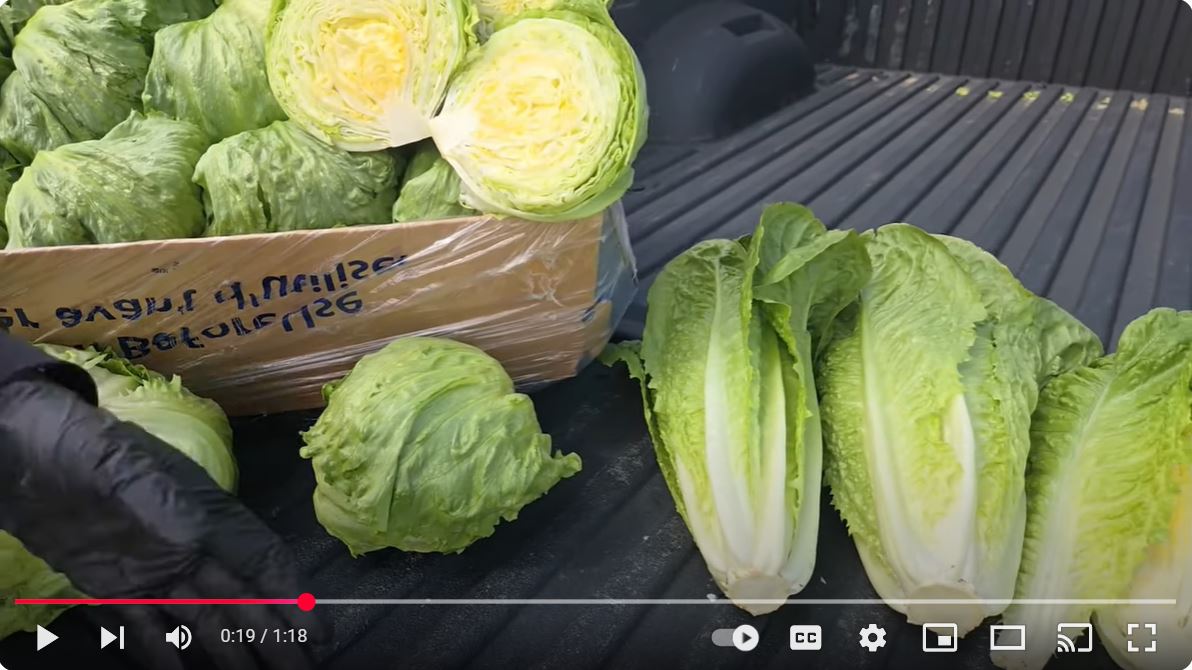Welcome to Blue Book!
Are you ready to join the thousands of companies who rely on Blue Book to drive smarter decisions? View our plans and get started today!
Still have questions? We’d love to show you what Blue Book can do for you. Drop us a line– we’ve been waiting for you.
When produce fails to make “good arrival” or otherwise fails to comply with the sales agreement, it’s important for receivers to avoid common mistakes that risk making a bad situation worse. Awareness of these ten mistakes will help receivers avoid costly setbacks.
#1 – Taking too much comfort in the seller’s words “Do the best you can”
When a produce seller, upon receiving a trouble notice, tells the buyer to “do the best you can,” it is perhaps natural for the buyer to take comfort in these words. After all, it does sound like the seller acknowledges a problem and is leaving it up to the buyer to make the best of the situation. These words, however, have no legal effect; they do not waive the seller’s right to later contest whether or not the buyer has established a breach of the sales agreement or the amount of damages claimed. Therefore, it is important to take all necessary steps to establish a breach of contract (i.e., call for an inspection certificate) and document resulting damages (i.e., issue an account of sales reflecting a “prompt and proper” resale of the defective product).
#2 – Forgetting damages must be supported with a detailed accounting, reflecting a “prompt and proper” resale of the defective product
Proving breach of contract is only half the battle for buyers receiving product which fails to comply with the sales agreement. Both a breach of contract and resulting damages must be shown in order to prove a claim against the seller. If the resale of the defective product strikes the shipper as unreasonably low, buyers can expect to be challenged on whether the product was sold in a “prompt and proper” manner.
John Koller, chief of PACA’s dispute resolution branch explains that “a common mistake made by buyers is to issue a summary accounting as opposed to a detailed and itemized accounting. A summary doesn’t properly detail product returns, so it’s not typically used for proving damages when making a decision in a formal reparation complaint.”
#3 – Unnecessary delay before sending inspection results to the seller
Sellers are entitled to receive notice of alleged problems with their product, so they have the opportunity to investigate allegations for themselves and/or call for an appeal inspection of the product. Notice should be given without delay. A receiver that unreasonably delays even a few hours in sending an inspection certificate to the seller, and in the meantime sells a portion of the load making it unavailable for an appeal inspection, has cut off the seller’s right to investigate the facts for itself—and thereby risks nullifying the force and effect of the initial inspection and its basis for a claim against the seller.
#4 – Failing to get an inspection when defective product will be handled on a consignment basis
Although receivers do not need to show a breach and damages when produce is handled on consignment, they will still need to support their returns. Therefore, if the product is showing appreciable defects, a U.S. Department of Agriculture (USDA) or Canadian Food Inspection Agency (CFIA) inspection is recommended to help support the consignee’s below-market selling prices. In the absence of an inspection certificate, the product is presumed to be in good condition and returns assessed accordingly. While it is true consignors generally bear the burden of their agent-consignees not having done a good job selling the product, consignees should be prepared to show returns were not unreasonably low in light of the quality and/or condition of the product.








